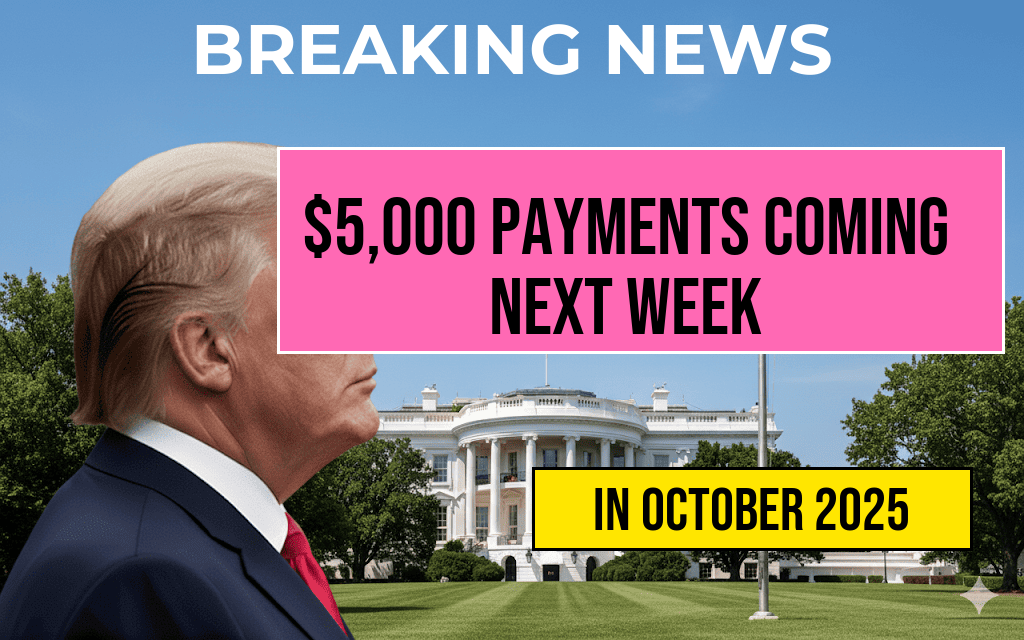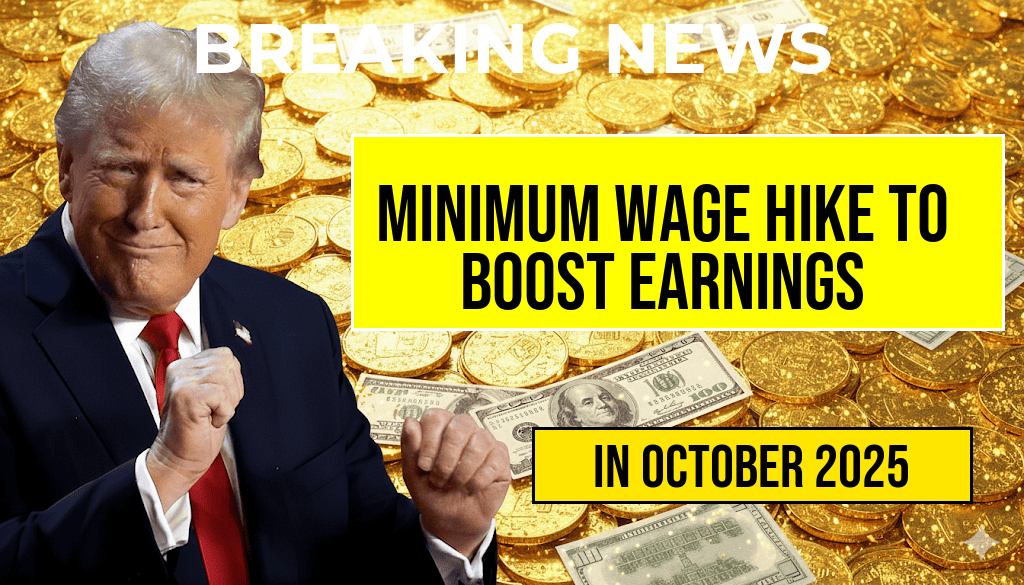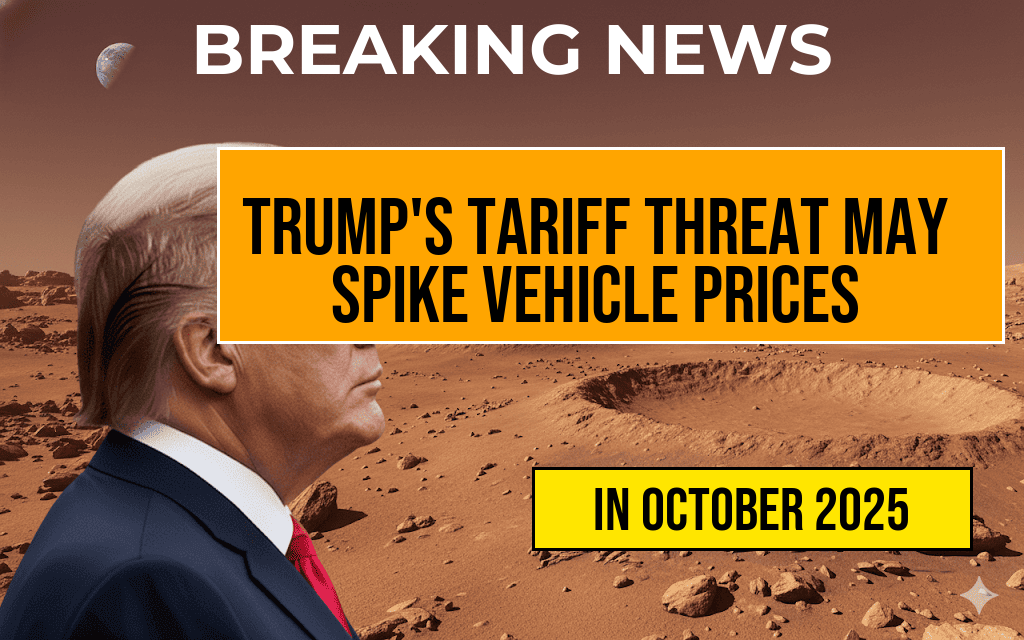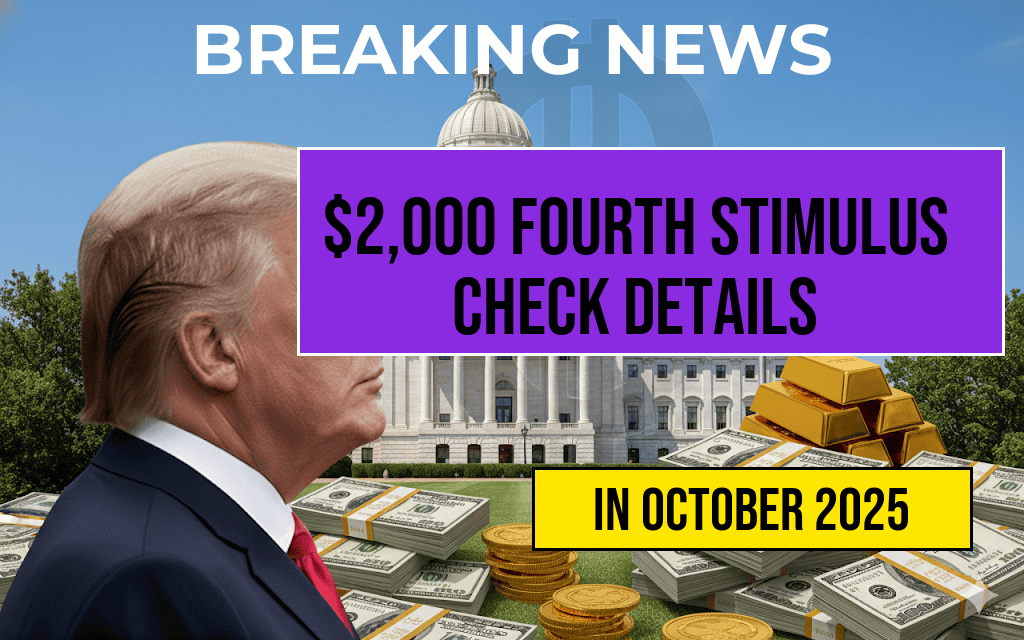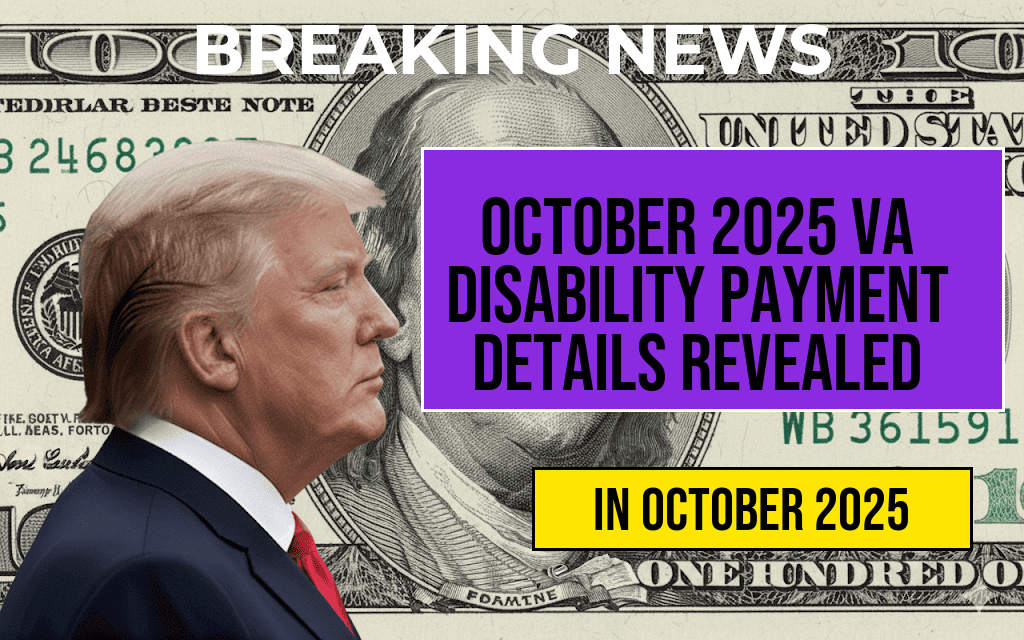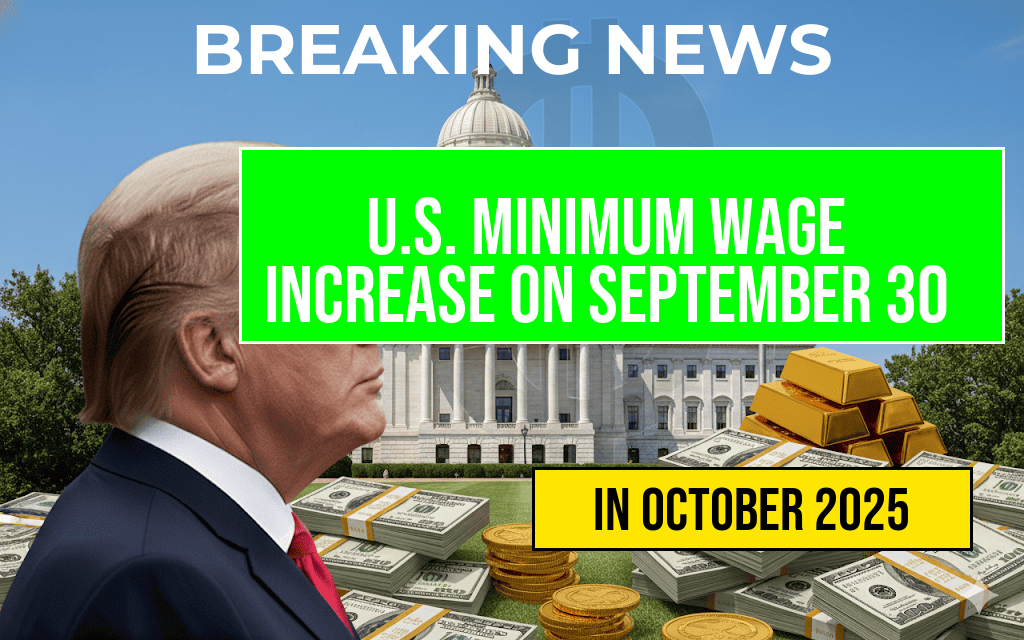Former President Donald Trump has reignited concerns over the automotive industry’s stability with his recent threats to impose tariffs on imported vehicles. A new analysis suggests that such tariffs could drive vehicle prices up by as much as $5,286, significantly impacting consumers and manufacturers alike. As the auto market grapples with ongoing supply chain challenges and shifting consumer preferences, the potential for increased costs raises questions about the broader economic implications. Industry experts warn that this move could not only affect vehicle pricing but also disrupt the delicate balance of international trade, particularly with key partners like Mexico and Canada. The ramifications of these tariffs could ripple through the economy, affecting everything from consumer spending to job stability within the automotive sector.
Understanding the Tariff Proposal
Trump’s tariff proposal primarily targets imported vehicles and auto parts, citing the need to protect American manufacturers from foreign competition. This approach echoes previous trade policies that aimed to bolster U.S. industries by imposing import duties. The anticipated tariffs could range from 20% to 25%, depending on the vehicle’s country of origin.
Potential Impact on Vehicle Prices
According to a recent report by the Forbes, the average price increase per vehicle could reach $5,286. This substantial hike would disproportionately affect consumers already facing high inflation rates, making new vehicles even less accessible. The report breaks down the potential price escalation as follows:
| Vehicle Type | Estimated Price Increase |
|---|---|
| Compact Cars | $2,500 |
| SUVs | $4,000 |
| Trucks | $5,286 |
Industry Reactions
The automotive industry has responded with mixed feelings. Major manufacturers, including General Motors and Ford, have cautioned that tariffs could hinder recovery efforts in a post-pandemic economy. In a statement, a spokesperson for Ford remarked, “We must promote fair competition without jeopardizing jobs or increasing costs for American consumers.”
Furthermore, the United Auto Workers (UAW) union has expressed concern that tariffs could lead to job losses in the long run, despite the initial protections they might offer to American workers. The union’s president stated that while they support fair wages, the imposition of tariffs could ultimately backfire by reducing sales and stifling innovation.
Global Trade Dynamics
The proposed tariffs could also have significant implications for U.S. trade relations, particularly with neighboring countries. A large portion of vehicles sold in the U.S. are imports from Mexico and Canada, both of which are integral to the supply chain. Experts warn that imposing tariffs could provoke retaliatory measures from these countries, potentially escalating into a trade war that could affect various sectors beyond automotive.
Consumer Behavior and Market Trends
As vehicle prices are expected to rise, consumer behavior may shift. Some analysts predict that buyers could delay purchases or turn to used vehicles, which could further inflate prices in that market segment. A report from AutoTrader indicates that the used car market is already experiencing increased demand due to rising new car prices.
Conclusion
The prospect of tariffs under Trump’s administration presents a complex picture for the automotive industry. While intended to protect American jobs and manufacturers, the potential consequences could lead to higher vehicle costs, alter trade relationships, and shift consumer behavior. As stakeholders monitor the situation, the focus will likely remain on balancing the need for domestic protection with the realities of global trade dynamics.
Frequently Asked Questions
What is the main concern regarding Trump’s tariff threat?
The main concern is that it could lead to significant increases in vehicle prices, with estimates suggesting a rise of up to $5,286 per vehicle.
How do tariffs affect vehicle prices?
Tariffs impose additional costs on imported goods, which can lead manufacturers to raise the prices of vehicles to cover these increased costs, ultimately impacting consumers.
Which types of vehicles are likely to be affected by the tariffs?
The tariffs could affect a wide range of vehicles, including cars, trucks, and SUVs, particularly those that are imported from countries subject to the tariffs.
What are some potential consequences for consumers if vehicle prices rise?
If vehicle prices rise significantly, consumers may face higher monthly payments, reduced affordability for new cars, and a potential decrease in overall car sales.
Are there any alternatives to mitigate the impact of tariffs on vehicle prices?
Some alternatives include sourcing parts and materials from domestic manufacturers, negotiating trade agreements, or exploring policies that reduce the reliance on imports.

